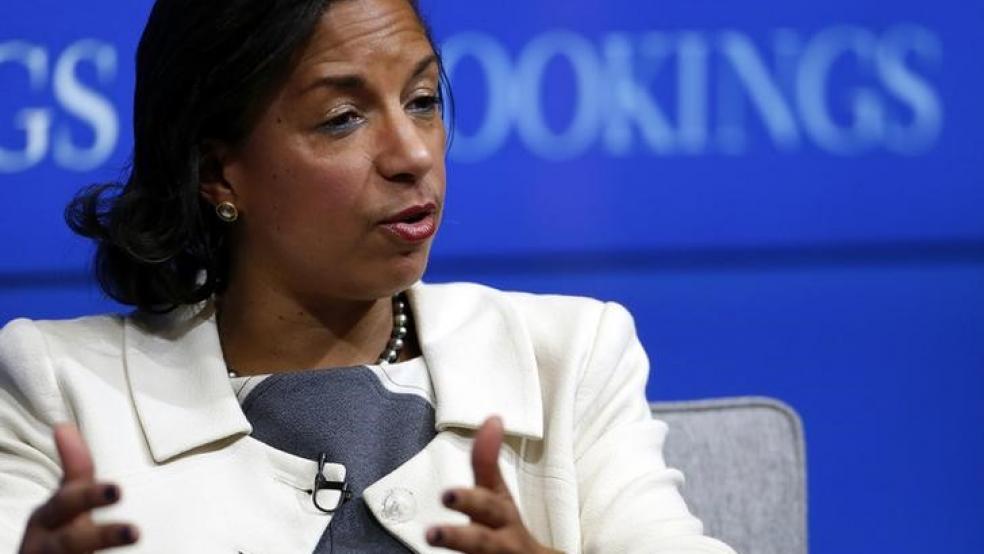JERUSALEM (Reuters) - Having failed to prevent an international nuclear deal with Iran, Israel plans to ramp up its lobbying of the U.S. Congress, and look for any sign that Iran is violating the agreement, in the hope of getting sanctions reimposed, officials said.
Responding within minutes to news that six world powers had agreed to lift sanctions on Iran in exchange for curbs on its nuclear program, Israel's prime minister and other senior officials condemned the pact. "This is a bad mistake of historic proportions," said Benjamin Netanyahu, who has described Iran as akin to the militants of Islamic State."Iran will get a jackpot, a cash bonanza of hundreds of billions of dollars, which will enable it to continue to pursue its aggression and terror in the region and in the world."Iran does not recognize Israel and has in the past said it should be wiped off the map, leading the small Jewish state, widely assumed to possess the Middle East's only nuclear arsenal, to portray Iran as a threat to its existence.Having spent months trying to stall the deal and expose its perceived frailties, Israeli officials said they would now focus on persuading the U.S. Congress to reject it, while monitoring Iran meticulously to catch violations.U.S. lawmakers have 60 days to review the deal, with President Barack Obama seeking bipartisan support for an agreement that would be a central plank of his legacy. Even if the review goes against Obama, he could overrule Congress by veto, although that would tarnish the achievement."HOLES IN THE AGREEMENT""Israel must focus and explain all of the holes in this agreement, which will just intensify terrorism and increase Middle East chaos," Gilad Erdan, minister of public security and a member of Netanyahu's Likud party, told Israel's Army Radio. "Hopefully the Congress and Senate will see the truth."Netanyahu's relations with the White House are already rocky, not least because he addressed a joint session of Congress in March to criticize the emerging deal, and some in Israel have questioned the value of lobbying Congress again.But confidants of Netanyahu said he was as determined as ever to have his views heard."Why shouldn't we go all out in Congress?" one person close to Netanyahu said. "Even if we don't garner all the votes we need, and even if Obama exercises a presidential veto to get the Iran deal ratified, it will still have symbolic value for us."Dore Gold, director-general of Israel's Foreign Ministry and a veteran Netanyahu adviser, saw no need to "feel ashamed" about arguing against the nuclear deal in the United States - which he insisted could be done without aggravating Obama personally.Gold said open communications were needed to report and act on any attempt by Iran to violate the agreed curbs on its nuclear program, an allusion to increased Israeli monitoring.Under the agreement reached on Tuesday, international sanctions on Iran could be reimposed within 65 days if Tehran violates any part of the agreement, diplomats said."ALL OPTIONS ON THE TABLE" "Possibly the most important thing is to get a real picture of whether they are honoring the deal, and also to talk about this with the international community," Gold told Army Radio. Israeli planners have made little secret of the fact that they are expanding intelligence capabilities which, many experts believe, have spotted or helped sabotage Iranian nuclear efforts in the past.Netanyahu has also beefed up Israel's armed forces, which have been tasked with preparing last-ditch strikes on Tehran's nuclear sites - though such a prospect has little support domestically and is seen as highly unlikely.Erdan, however, said war had not been ruled out: "Israel is keeping all options on the table, diplomatic or otherwise."Washington, which gives Israel $3 billion in annual defense grants and has signaled that it is open to increasing that, has tried to stay its ally's hand with joint missile defense projects designed to reduce the risk from any future Iranian attack.At the same time, the United States has increased defense support to other allies in the region who have concerns about the deal with Iran, including Saudi Arabia, Jordan, Egypt and the Gulf states. Israeli officials have tried to emphasize the interests they share with those countries, hinting at the need for Israel and the Sunni Arab states to stand together against what they see as Shi'ite Iran's ambitions for wider influence in the region. (Additional reporting by Maayan Lubell; Writing by Dan Williams; Editing by Kevin Liffey)After Iran nuclear deal, Israel eyes Congress and counter-measures

GARY CAMERON



